Warning about the impact of funding cuts on mosquito-borne diseases
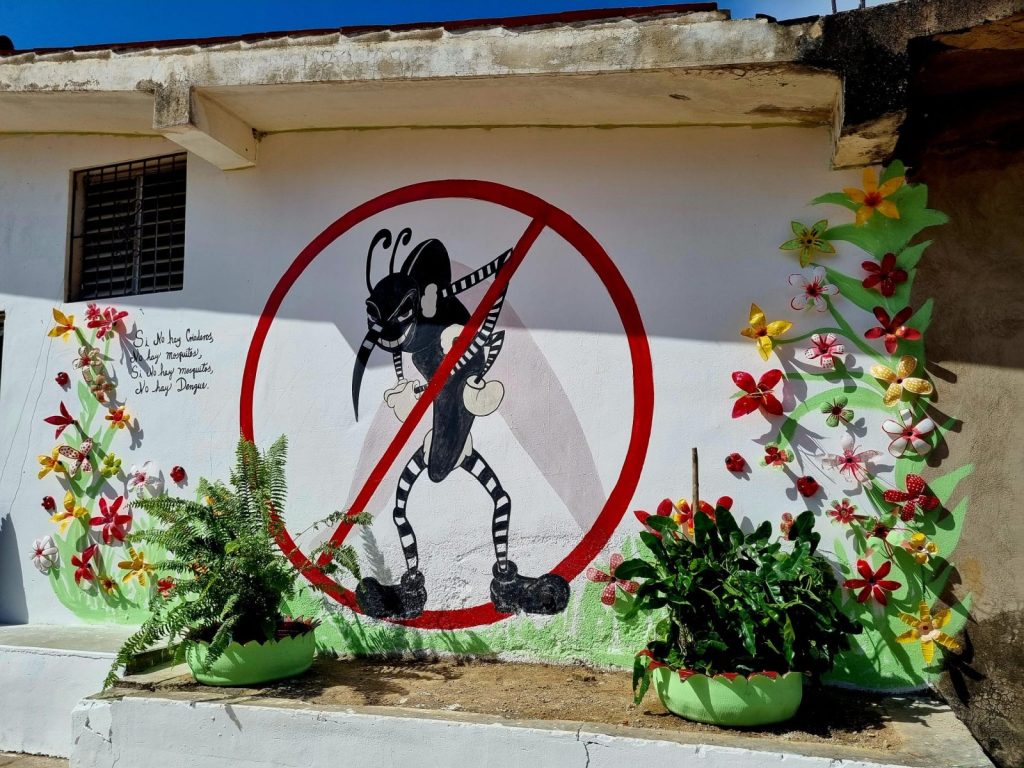
On World Mosquito Day we are sounding the alarm about the potential impact of funding cuts on global health programmes that prevent and treat mosquito-borne diseases. Already the effects are being felt across the world, hitting those in most vulnerable humanitarian settings the hardest. There is a real risk progress will stall, cases of diseases […]
World Humanitarian Day

On World Humanitarian Day (19 August) we honour those working tirelessly in fragile, complex settings to protect and save lives. We join the call for protection, accountability and action to support humanitarian workers carry out their work and for people affected by crises around the world. The humanitarian system is underfunded, overstretched and under attack. […]
WHO recommends new vector control tools for malaria
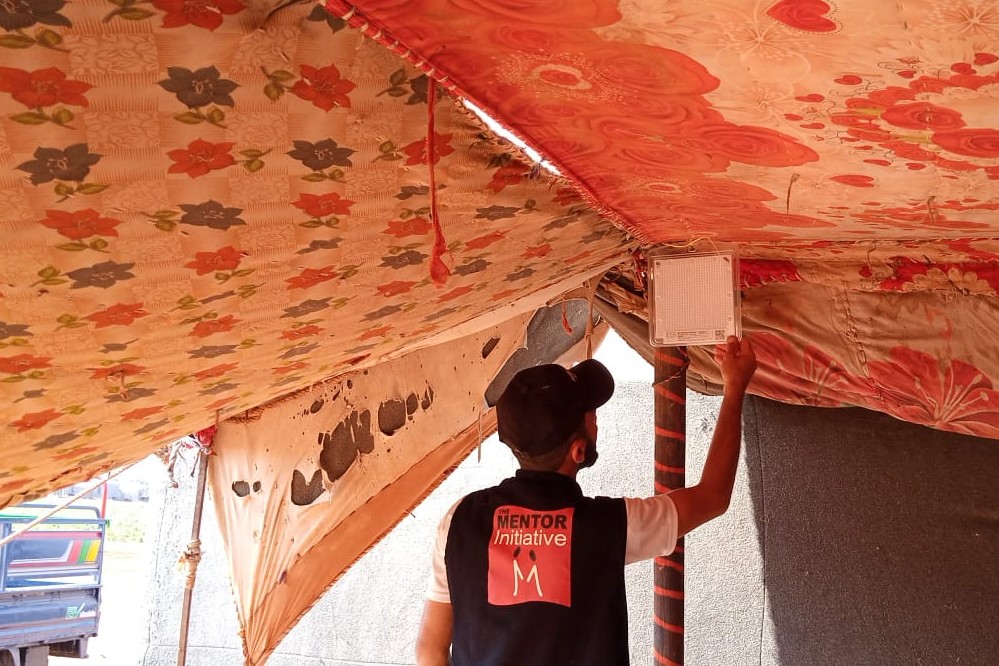
The World Health Organization has issued a new recommendation for the use of spatial repellents, an innovative vector control tool for the control of malaria. This new class of spatial emanators emit transfluthrin into the air repelling and killing mosquitoes whilst being safe for people. WHO’s prequalification of SC Johnson’s Shield and Guardian spatial repellents […]
Sanitation improvements for schools affected by Cyclone Chido
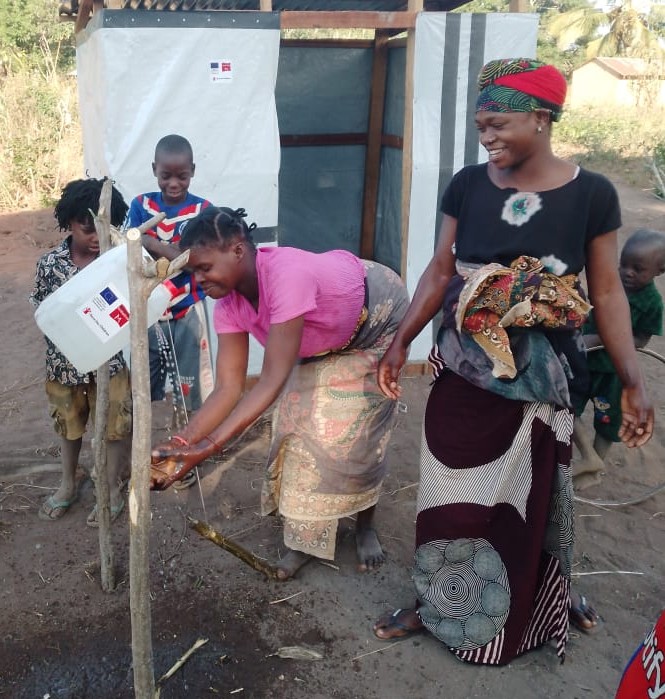
Last December Cyclone Chido caused widespread damage in Mozambique, destroying homes, roads and health facilities. In Cabo Delgado Province an estimated 272,000 people were affected. Sanitation facilities in schools were severely impacted, leaving children with virtually no latrines or ones that were partially destroyed. A student from Sambene School said: “When we went back to […]
Addressing the public health crisis in Gaza through removal of unmanaged solid waste
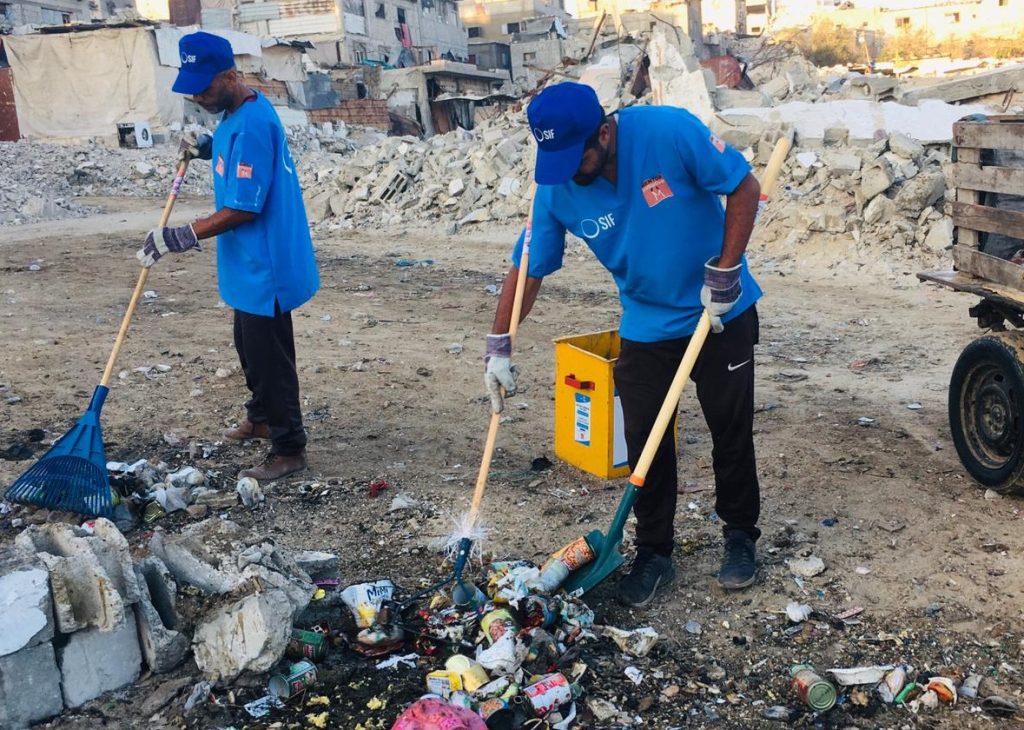
A team of 30 workers recently began removing faecal and domestic waste in Gaza to address the growing public health crisis from the accumulation of untreated waste in shelters and host communities across Khan Younis and Deir al-Balah. In displacement-affected areas where sanitation systems are overwhelmed, unmanaged faecal and domestic waste contribute significantly to poor […]
New study to compare onchocerciasis treatments
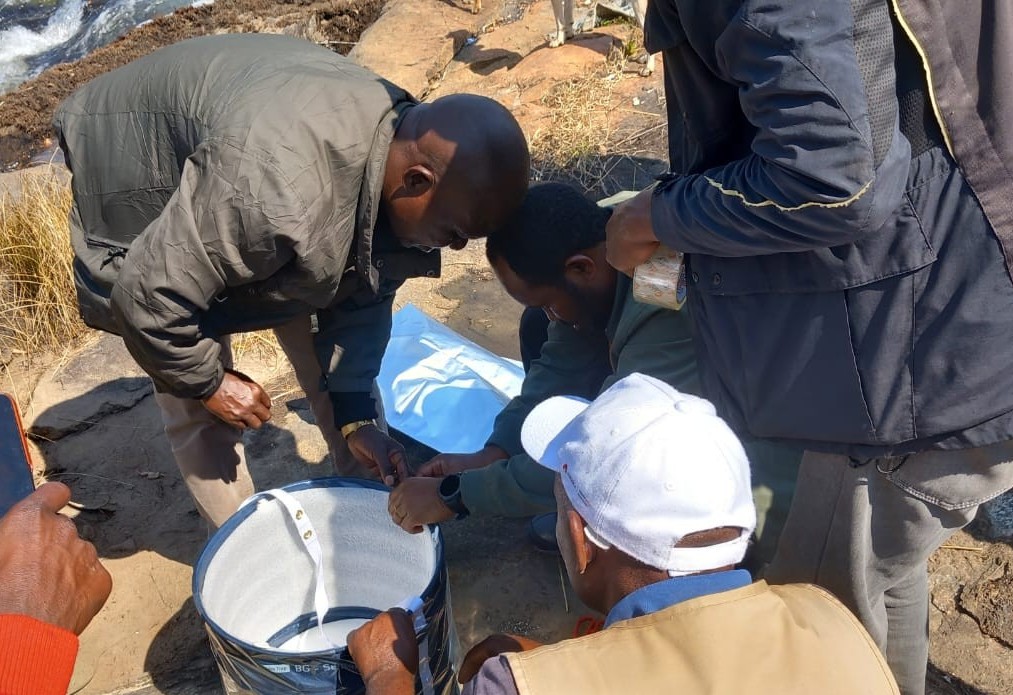
The effective control and elimination of neglected tropical diseases requires innovative tools and approaches such as scoping alternative treatments to be used for mass drug administration campaigns. In Bié Province, Angola, this means the launch of a new study to compare two treatments for onchocerciasis (commonly known as river blindness). Transmitted by black flies that […]
Research from spatial repellent trial in Syria published in BMC Medicine journal
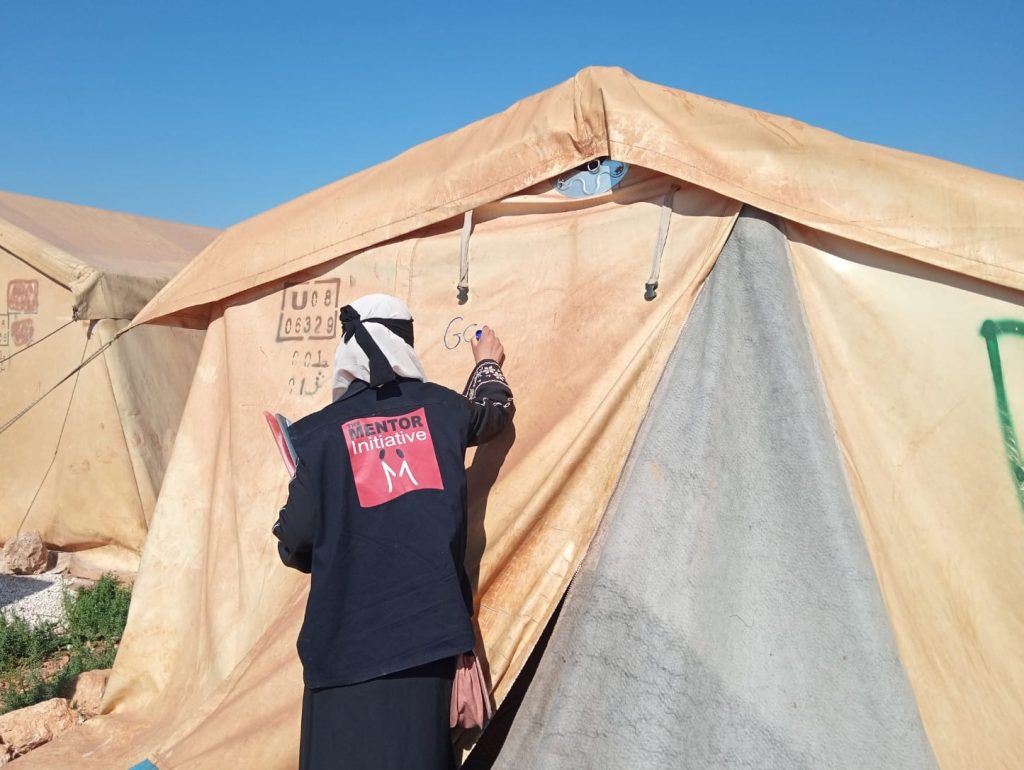
Research from a trial evaluating the efficacy of Mosquito Shield™ spatial repellent in reducing cases of cutaneous leishmaniasis in displacement camps in North-East Syria was published in BMC Medicine journal on 3 July. The results are significant and provide the first demonstrable impact of spatial repellents on cutaneous leishmaniasis (CL) transmission, particularly in fragile, humanitarian […]
New spatial repellent tool is distributed to refugee camps in South Sudan to protect against vector-borne diseases
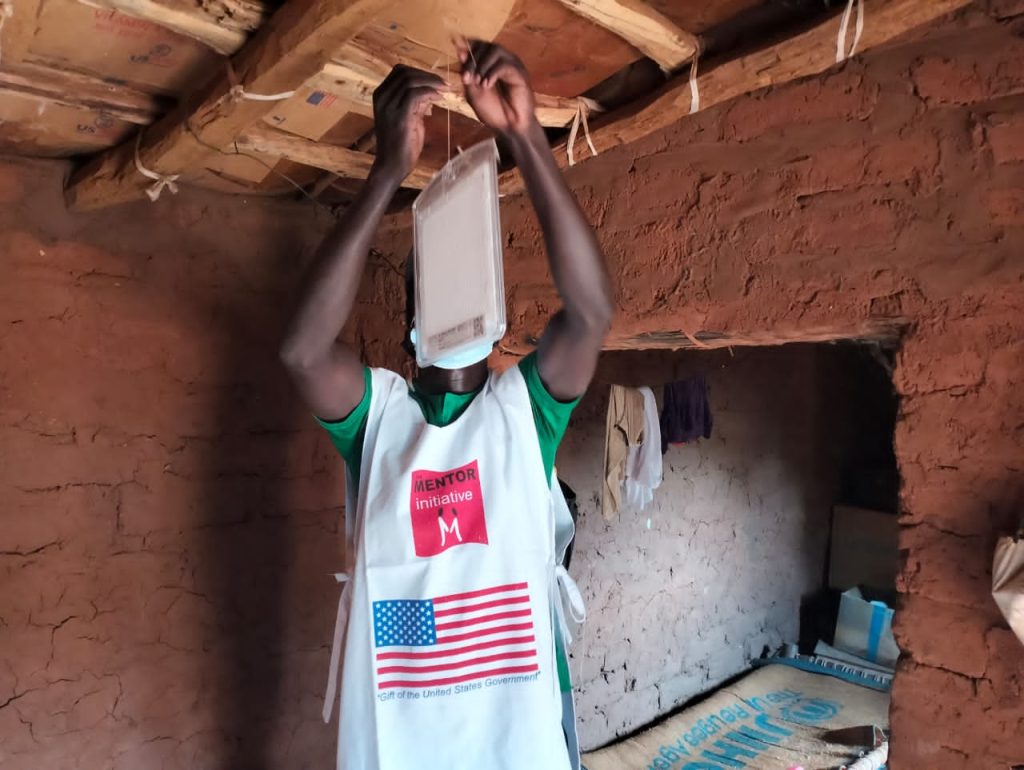
An innovative vector control tool is being distributed across refugee camps and host communities in Jamjang and Renk, South Sudan, as part of an integrated malaria prevention campaign that aims to protect over 200,000 people. Field staff and trained volunteers are installing SC Johnson spatial repellents in shelters in communities at most risk of malaria. […]
Strengthening health systems through WASH improvements
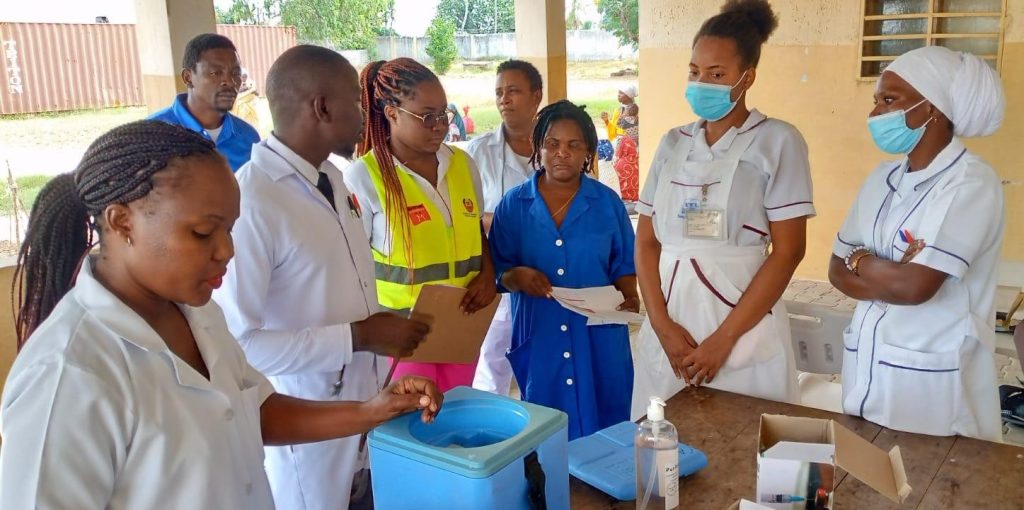
MENTOR is supporting District Health Services to strengthen health systems in northern Mozambique by implementing the WASH Facility Improvement Tool (WASHFIT) in 15 health facilities. Safe water, sanitation, and hygiene are critical to quality healthcare. In partnership with UNICEF Moçambique, we are working together with facility teams in Cabo Delgado and Nampula Provinces to: – […]
Mobile clinics deliver health and nutrition services in Cabo Delgado
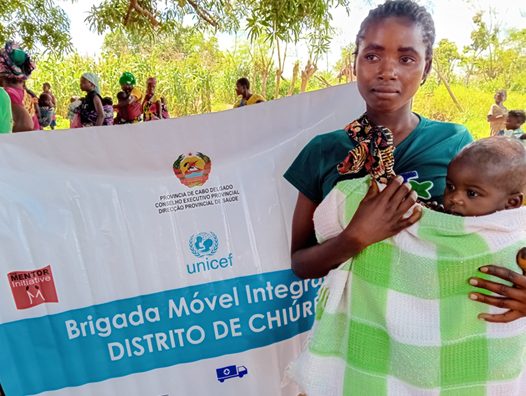
Two mobile clinics staffed by specialised integrated health teams are working with community health workers and volunteers in Chiure District, Cabo Delgado to deliver essential health and nutrition services to communities furthest from facilities. Severe chronic malnutrition affects one in two children between 6 and 59 months in Cabo Delgado, Nampula and Niassa Provinces. Malnutrition […]
